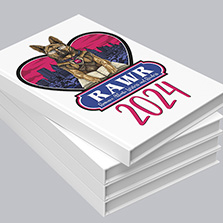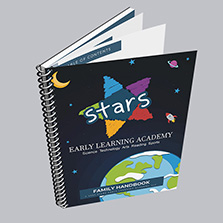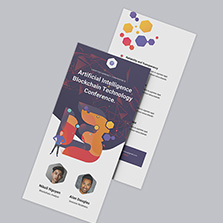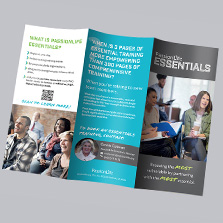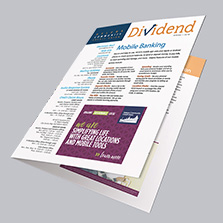
Navigating the Waves of Change: Google’s Search Generative Experience and Its Impact on SEO
In the ever-evolving digital marketing landscape, Google’s Search Generative Experience (SGE) is reshaping how users interact with search engines. This transformative approach affects user experience and compels SEO professionals to reevaluate their strategies. This blog post explores the ramifications of SGE and provides actionable insights for adapting to this new reality.
1. Monitoring the Performance of the Site’s CTRs
As Google continues to enhance its interface, prioritizing direct answers and snippets over traditional search listings, SEO specialists must keep a vigilant eye on their sites’ Click-Through Rates (CTRs).
Action Items:
- Regularly analyze your site’s performance data to gauge the impact of changes in Google’s interface.
- Adjust your SEO strategies to align with the fact that Google might display direct answers more prominently, potentially reducing the visibility of standard links.
- Utilize AI-powered tools to optimize title tags and metadata, ensuring they are crafted to capture user attention and improve CTR from search engine results.
2. AI-Generated Content and Its Pitfalls
The emergence of AI-generated content has both benefits and drawbacks. While it enables rapid content creation, it also challenges maintaining quality and avoiding penalties.
Action items:
- Create AI-generated content that is high quality and indistinguishable from human-produced content to prevent search engine penalties.
- Continuously improve the output of AI tools to ensure that the quality of the content closely resembles that of human-written text.
- Regularly assess the detectability of AI-generated content and adjust content creation processes to maintain authenticity and quality.
3. Threat to Traditional Search Engines by AI
AI-driven alternatives to traditional search engines are gaining traction, potentially diverting traffic from standard search engines.
Action Items:
- Prepare for possible decreases in search traffic by diversifying your digital presence across various platforms.
- Employ AI tools to gain deeper insights into how your content performs and how users engage with it. This will allow you to make more informed decisions about content strategy.
4. Collapse of the Internet Under Low-Quality Content
The proliferation of low-quality AI content threatens to overwhelm the valuable content landscape, making it harder for quality content to stand out.
Action Items:
- Ensure your content offers unique insights, thorough research, and real value to rise above the noise.
- Commit to ongoing learning and strategy refinement to keep your content practices ahead of industry trends and maintain a competitive edge.
5. Broadening SEO to Include Conversion Optimization
Incorporating conversion rate optimization (CRO) into SEO strategies is becoming crucial as the focus shifts from mere traffic generation to converting visitors into customers.
Action Items:
- Leverage AI to identify weaknesses in your website’s conversion funnel and optimize these areas to boost conversion rates.
- Expand your skill set to include CRO, ensuring a holistic approach to your digital marketing efforts that enhances overall business outcomes.
Conclusion
Integrating AI into search engines like Google is a harbinger of significant shifts in SEO practices. By embracing these changes and adapting your strategies accordingly, you can ensure your digital presence survives and thrives in this new era. Your ability to stay informed and agile will be crucial to your success as we navigate these changes.







